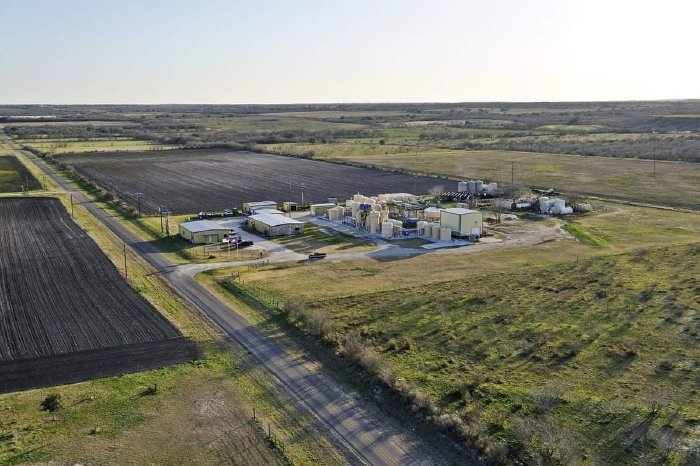In nuclear power plants, uranium is used in the form of small pellets. Just three to four of these pellets can supply a household of four with electricity for an entire year. When it comes to energy density, no other material can compete with uranium. It generates significantly more electricity than any other energy source. The largest uranium-producing countries include Kazakhstan, Canada, and Australia. Significant mining operations also exist in Namibia, Russia, China, the United States, and several other countries. The number of nuclear power plants is increasing worldwide, with extended operating lifespans becoming more common as the global energy demand continues to grow.
Two companies have recently joined forces to develop a floating nuclear power plant. Coastal applications of floating energy solutions have distinct advantages, such as delivering electricity to remote locations or regions with limited land availability. These floating power plants can produce electricity 24/7, every day of the year, providing a significant edge over wind and solar energy. The project aims to combine nuclear technology with the efficiency of shipbuilding. Floating nuclear power plants, or FNPPs, are operated on ships or floating platforms, offering flexibility and mobility. The proposed solution involves using a modular reactor capable of providing both electric and thermal energy, such as for hydrogen production. Additionally, a floating reactor could relocate to safer waters in the event of a tsunami, adding another layer of operational security.
Uranium Energy - https://www.commodity-tv.com/play/uranium-energy-insight-on-roughrider-initial-economic-assessment-and-the-uranium-market/ - is working to meet the demand for uranium with its environmentally friendly and cost-effective ISR (In-Situ Recovery) uranium projects in the United States, alongside other ventures in Canada.
Cosa Resources - https://www.commodity-tv.com/ondemand/companies/profil/cosa-resources-corp/ - is advancing its uranium projects in the renowned Athabasca Basin in Saskatchewan. The company recently signed an acquisition agreement for stakes in three uranium exploration projects located in the Athabasca Basin.
For the latest company updates and press releases, visit Cosa Resources (- https://www.resource-capital.ch/de/unternehmen/cosa-resources-corp/ -) and Uranium Energy (- https://www.resource-capital.ch/de/unternehmen/uranium-energy-corp/ -).
In accordance with §34 WpHG I would like to point out that partners, authors and employees may hold shares in the respective companies addressed and thus a possible conflict of interest exists. No guarantee for the translation into English. Only the German version of this news is valid.
Disclaimer: The information provided does not represent any form of recommendation or advice. Express reference is made to the risks in securities trading. No liability can be accepted for any damage arising from the use of this blog. I would like to point out that shares and especially warrant investments are always associated with risk. The total loss of the invested capital cannot be excluded. All information and sources are carefully researched. However, no guarantee is given for the correctness of all contents. Despite the greatest care, I expressly reserve the right to make errors, especially with regard to figures and prices. The information contained herein is taken from sources believed to be reliable, but in no way claims to be accurate or complete. Due to court decisions, the contents of linked external sites are also co-responsible (e.g. Landgericht Hamburg, in the decision of 12.05.1998 - 312 O 85/98), as long as there is no explicit dissociation from them. Despite careful control of the content, I do not assume liability for the content of linked external pages. The respective operators are exclusively responsible for their content. The disclaimer of Swiss Resource Capital AG also applies: https://www.resource-capital.ch/en/disclaimer/


